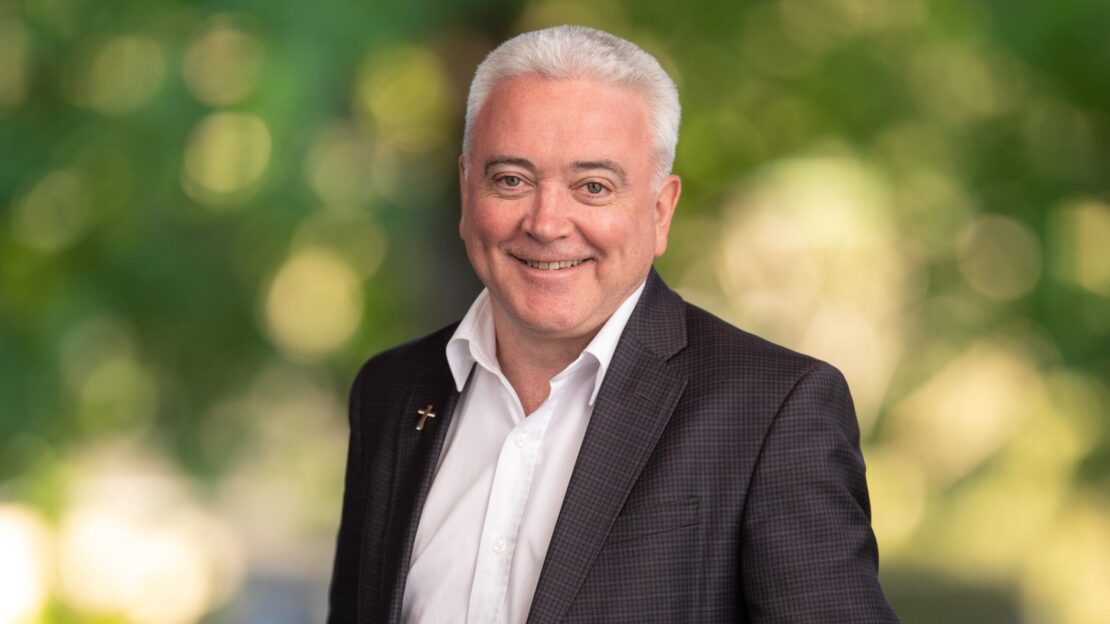The Christian life is a pathway of discovery. Again and again we are confronted with the presuppositions of our faith. For many that is what is happening with Pope Francis’ call for a more Synodal Church and a Church that is open to all. Some of our presuppositions are unravelling. At World Youth Day in Lisbon, last August, Pope Francis called on hundreds of thousands of young people to yell back at him, “the Catholic Church is for “todos, todos, todos,” everyone, everyone, everyone. For some people this was a shock. For some it was too unnuanced. Perhaps they would have liked the Pope to say the Catholic Church is for everyone who accepts Christ, changes their life, turns from sin, follows the gospel and the teachings of the Church. And of course those things all have their place. Pope Francis, however, was emphasising the Church as the place where everyone can meet Christ. The Church should be an open and welcoming community where every person has the opportunity to encounter Christ and to contribute to the understanding of who God is. If we truly believe that each and every person (not just baptised Christians) is made in the image of God, then it is also true that each and every person is open to discovery and disclosure of that same God. A Church that is open to all is not a ‘free for all’. A Church that is open to all is a Church that can show respect and interest in each and every person. A Church that is open to all is also able to be a humble and vulnerable Church always on the way to discovering the fulness of who God is and what God is asking of us.
In a similar way the Vatican Dicastery for the Doctrine of the Faith recently published a declaration on blessings. Once again that statement was a challenge to some of our presuppositions about blessings and our faith. This declaration explores some of the formal blessings that occur during many of our liturgical rites in the Church, for example, in sacraments like baptism, and marriage, and also in official blessing of places of worship and religious activities. The declaration also talks about informal blessing. It goes on to say, “In order to help us understand the value of a more pastoral approach to blessings, Pope Francis urges us to contemplate, with an attitude of faith and fatherly mercy, the fact that “when one asks for a blessing, one is expressing a petition for God’s assistance, a plea to live better, and confidence in a Father who can help us live better.” And don’t we all seek God’s blessing in our lives in so many ways and on so many occasions. I remember once when I was leaving on an overseas trip my young niece and goddaughter (I think she was 10 years old at the time) asked me would I bless her before I left. She then turned to me as I was leaving and said, “and now I will bless you as you are going on a journey”. These blessings are expressions of our faith, belief and hope, that God walks with us, assists us, and lifts us up in our need. They are also expressions of our thanks and praise to the God who we have experienced as being there for us in the past and who we believe will visit us again. Pope Francis believes that we should engage in these type of blessings in a generous and loving way. These blessings should be open to all. In particular the declaration mentions those who maybe divorced and remarried and those in same sex relationships. They are expressions of God’s love and call to conversion, to every human person.
The discovery of who God is and the challenge to the common presuppositions of our faith is not a new thing. The first reading on this Second Sunday of Lent is the narrative of the sacrifice of Abraham. In this text, from the book of Genesis, we read about Abraham being asked by God to take his Son Isaac and offer him as a burnt offering to God. This sounds shocking to us. However, in the world of Abraham, child sacrifice was not uncommon among many cultures. The story must be read in its entirety. As Abraham raises his arm the Lord calls out, ‘Do not raise your hand against the boy”, “Do not harm him”. Instead a ram is offered in sacrifice. This text is witness to the ongoing discovery of the community of faith of the Old Testament. They come to understand that God does not want ‘human’ sacrifice. God is the God of life. God has nothing to do with death and slaughter. It is a dramatic example of a breakthrough in understanding who God is. And yet, in many ways we are still on that journey of discovery. In the end there is only one way we will get there and that way is given to us in today’s gospel. When Peter and James and John are on the mountain with Jesus, “…a cloud came, covering them in shadow; and there came a voice from the cloud, ‘This is my Son, the Beloved. Listen to him.’ Then suddenly they looked round, they saw no one with them any more but only Jesus.”
Only Jesus.
By Fr Brendan
Published: 23 February 2024




Comments
Sandy
Thank you, Brendan, for that hugely important explanation linking "todos" and the Dicastery's declaration. The Church should be a place of joy.
Patricia watkinson
Blessed are we who believe God walks with us. Thankyor Father Brendan for this much needed message of living in the present.
Add Comment